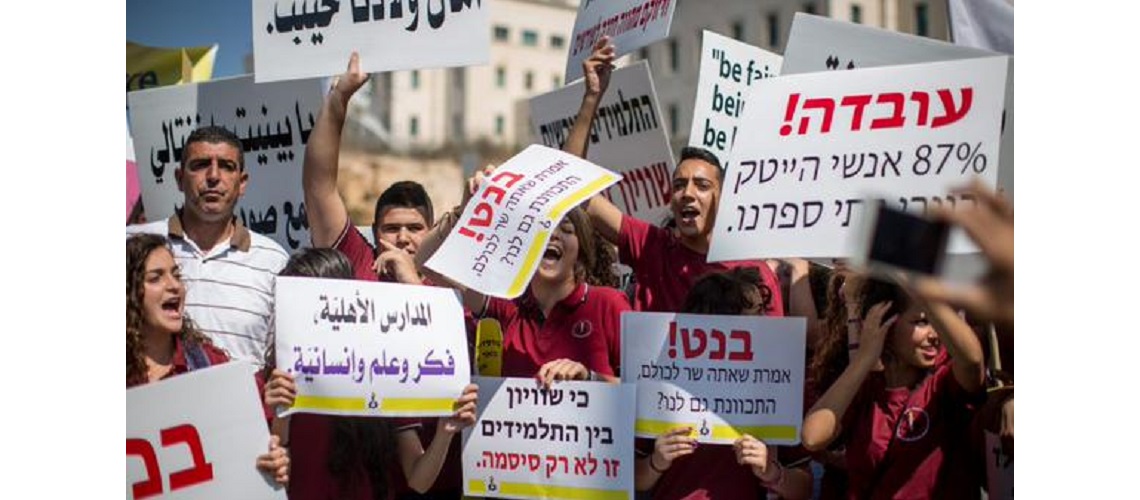On Monday, 28 September, Christian schools in Israel reopened following a 27 day strike by teachers and Christian leaders after a dispute over funding was resolved.
The strikes took place after funding for Christian schools was reduced. A decade ago Christian schools in Israel received 45 percent of their funding from the government. Over the years this has been gradually reduced to 29 percent, meaning families whose children attend these schools have to pay more in school fees.
The Israeli government has responded to concerns by forming an agreement with Christian leaders, increasing school funding for the next year and establishing a committee which seeks to address these issues in the future.
While these schools are fundamentally Christian, they provide education for a mixture of students, including large numbers of Christian and Muslim students as well as some Jewish students. These schools are cultural melting pots, with students learning to coexist with different cultures and religions and are one of the best examples of cultural diversity in Israel.
Christian schools also offer a high level of education, boasting some of the best test results in the country.
Christian leaders took the decision to strike at the beginning of the year as they did not feel it was fair that while their schools excelled in education and diversity, they were being squeezed financially. At the same time some other private religious schools were being fully funded by the government.
Many of Israel’s critics took this opportunity to wrongly highlight the issue as one of ‘Israel Apartheid’ as well as claiming that Israel does not care about Christians. This wasn’t helped when the Minister of Education, Naftali Bennett of The Jewish Home party (a party in opposition to PM Netanyahu’s Likud party) refused to even address the strike. This inaction fuelled Israel’s critics and made many in Israel’s Christian community feel that the government didn’t care.
However, this changed when the strike received a huge boost in public visibility. On 20 September, the teacher unions at public high schools in Israel declared a two-hour solidarity strike. Arab schools that are not Christian also joined the strike for one day.
This movement of solidarity between Jewish, Muslim and Christian teachers is testament to the diversity and cooperation that exists between religions within Israel – something critics often choose to ignore. Their demands were simple, that the government fund all Israeli schools equally.
Noting the peaceful way in which the Christians protested, Botrus Mansour, head of Nazareth Baptist School, said. “This struggle has brought us Christians from all denominations closer to one another. The Christian manner in which this struggle was handled (nonviolent, respectful and inclusive) reflected the Christian way and was noticed by the Israeli public and media.”
And he was right. The outcry from the Israeli public was one of solidarity with the Christian schools. Most Israelis are in favour of Christian schools receiving full funding from the government and members of Israel’s Knesset also urged the Ministry of Education to fully fund Christian schools.
The dangerous claims made by Israel’s critics were crushed in every area. The Israeli public themselves were the ones to speak out and show their support for the Christian schools. Teachers from all over Israel, Jews, Muslims and Christians, all stood together in solidarity. And this was echoed by Israeli government officials. All of these acts speak volumes for the true nature of Israel. It is hard to imagine these acts being replicated in neighbouring countries.
Israel is one of the few countries in the Middle East that funds the education of private Christian schools. Turkey, for example, has no Christian schools except for international students. Even in the United Kingdom most independent Christian schools receive no funding from the British government.
The outcome of this strike shows, once more, that Israel is a shining light of democracy in the Middle East.
Christians United for Israel UK (CUFI UK)










